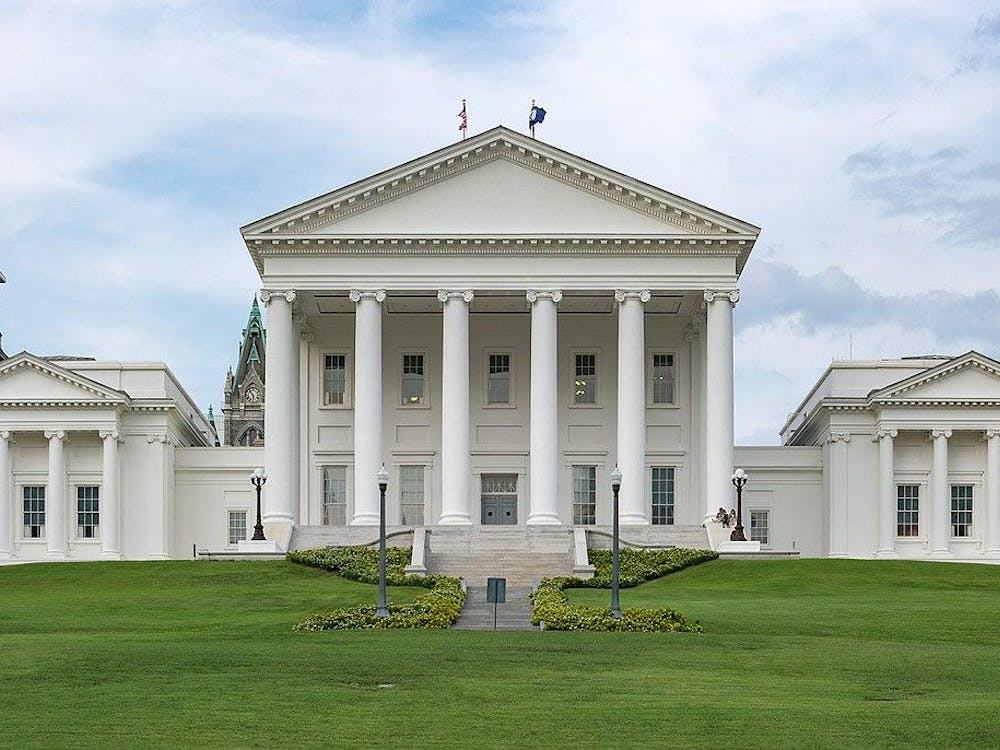“Your time at college will be the best four years of your life.” It’s a mantra that everyone at the University grew up hearing from relatives and older friends who spoke with buoyant nostalgia about their halcyon undergraduate days. And while many students find their college experiences blissful, the pressure to satisfy lofty expectations about college can afflict other students with a deep malaise.
The University has a problem with happiness. I don’t mean to say that students here are generally unhappy. On the contrary, the University is routinely counted among the happiest schools in America. Most of the people I’ve met here are happy — or appear to be, at least. The U.S. National Bureau of Economic Research (NBER) recently named Charlottesville the happiness capital of the United States, an unsurprising accolade given the area’s insular yet cosmopolitan city, pleasant climate and rich food and drink scene. John F. Kennedy wrote: “the natural beauty of the surrounding countryside and the manmade beauty of Charlottesville combine to weave a tapestry of American history few other towns or cities can boast.” There is a culture of happiness at and around the University that has become part of our identity as students and citizens of Charlottesville.
The problem is that our culture of happiness easily turns into an unhealthy expectation of student contentment, and that amplifies any issues with happiness that people may face. For the student struggling with mental health disorders such as anxiety or depression, or for the student who has entered a brief period of grief or sadness, a cultural expectation of happiness can be isolating. A culture of happiness is not without benefit. There is evidence that individual happiness is dependent on the happiness of the people with which one is connected. Nevertheless, we must be aware of the risks of creating unreasonable expectations that accompany our culture of happiness.
Part of the problem is our presentation of the University to incoming first-year classes. Lustrous brochures in Peabody Hall present rosy images of Grounds. Orientation leaders assure incoming students that their first year here will be the greatest of their four greatest years in life. And during my first visit to Grounds, a tour guide told me that she had never met an unhappy student at the University.
A first-year who experiences stinging rejection or pain for the first time in college might feel alienated by the impression that everyone around him is happy. Making mental health resources such as Counseling and Psychological Services (CAPS) more prominent at events such as first-year orientation is important. Publicizing figures on the proportion of students who visit CAPS during college at orientation can go a long way in helping incoming students understand that many students take advantage of mental health resources when they struggle. An effort to increase such outreach can help erase the expectation of happiness by introducing to first-year students the idea that not everybody will find their college experiences to be as idyllic as expected.
Under the gilded surface, many students are struggling to stay afloat, and by perpetuating an expectation of student happiness we risk exacerbating other students’ struggles with happiness at the University.
Nazar Aljassar is an Opinion Columnist for The Cavalier Daily. He can be reached at n.aljassar@cavalierdaily.com.





